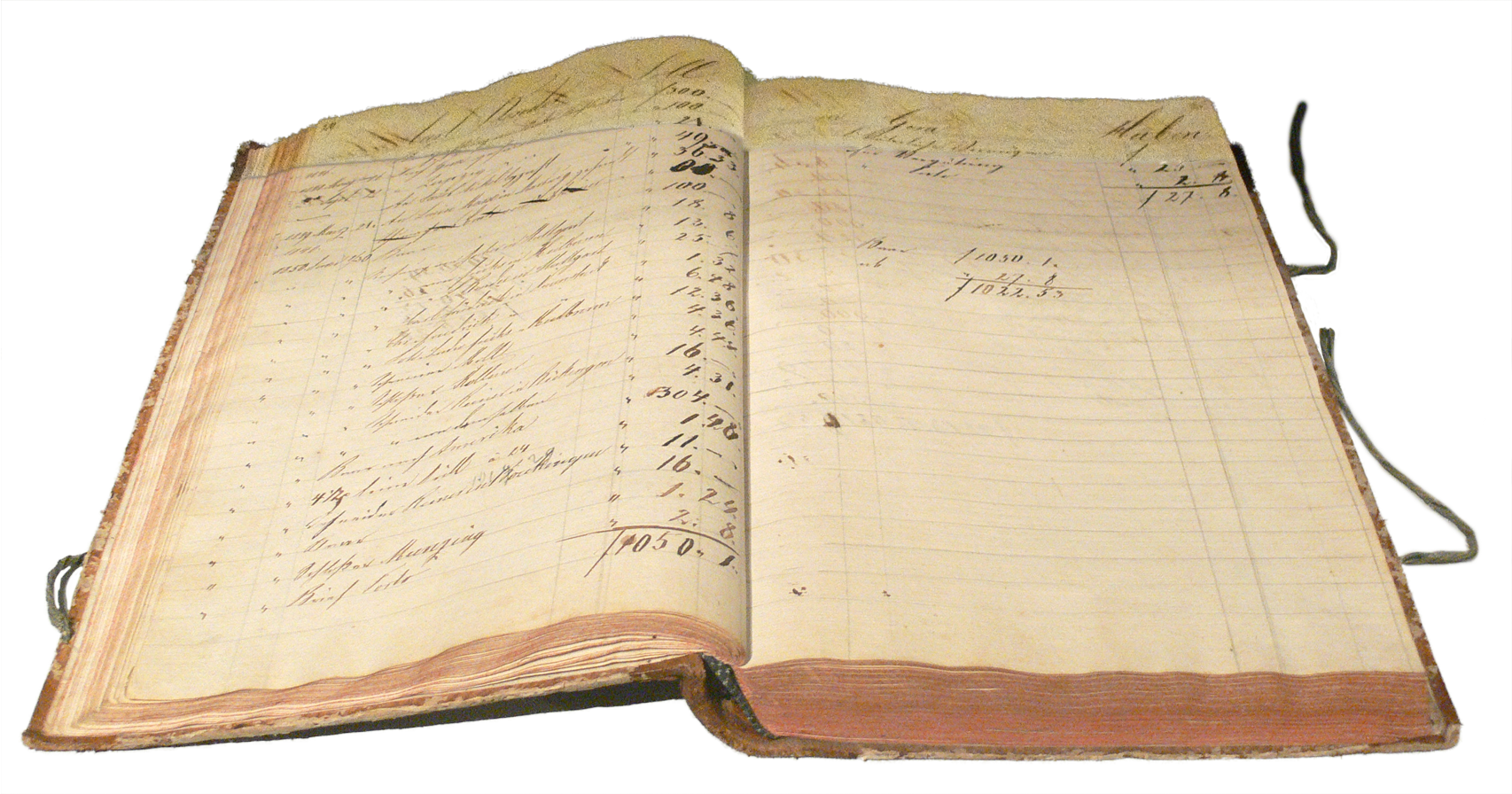Personal Finance 101
- Budgeting and Saving
- Consumer Credit and Financial Goals
- Investments and Retirement
- Scams & Fraud and Pay & Benefits
- Taxes, Housing and Car buying/leasing
Budgeting and Saving
Exploring Budgeting Techniques

Balance sheet or statement of estimated receipts and expenditures.
Budgeting is a crucial part of managing personal finances. It helps you understand where your money is going, allows you to make informed decisions about spending, and aids in setting and achieving financial goals. There are several budgeting techniques that you can use, and this article will explore some of the most popular ones.
Zero-Based Budgeting
Zero-based budgeting is a method where your income minus your expenses equals zero. This doesn't mean you spend all your money, but rather every dollar has a purpose. You allocate each dollar you earn to a specific expense or saving category, leaving no money unaccounted for. This method requires a detailed understanding of your income and expenses and can be time-consuming, but it can also be very effective in controlling spending.
Envelope Budgeting
The envelope budgeting method involves dividing your cash into different envelopes for each spending category (like groceries, utilities, entertainment, etc.). Once the money in an envelope is gone, you can't spend any more in that category until the next budgeting period. This method is great for visual learners and those who prefer to use cash, but it can be challenging for digital or card spending.
The 50/30/20 Rule
The 50/30/20 rule is a simple budgeting method where you allocate 50% of your income to needs (like housing and food), 30% to wants (like entertainment and dining out), and 20% to savings and debt repayment. This method is easy to follow and provides a good balance of spending and saving, but it may not work well for those with high debt or low income.
Tools and Apps for Budgeting
There are many tools and apps available to assist with budgeting. These can automate the budgeting process, track your spending, and provide insights into your financial habits. Some popular options include Mint, YNAB (You Need A Budget), and PocketGuard. Each tool has its pros and cons, so it's important to choose one that fits your needs and preferences.
Choosing the right budgeting method can make a significant difference in your financial health. It's important to consider your financial goals, spending habits, and personal preferences when choosing a method. Remember, the best budgeting method is the one that you can stick to consistently.